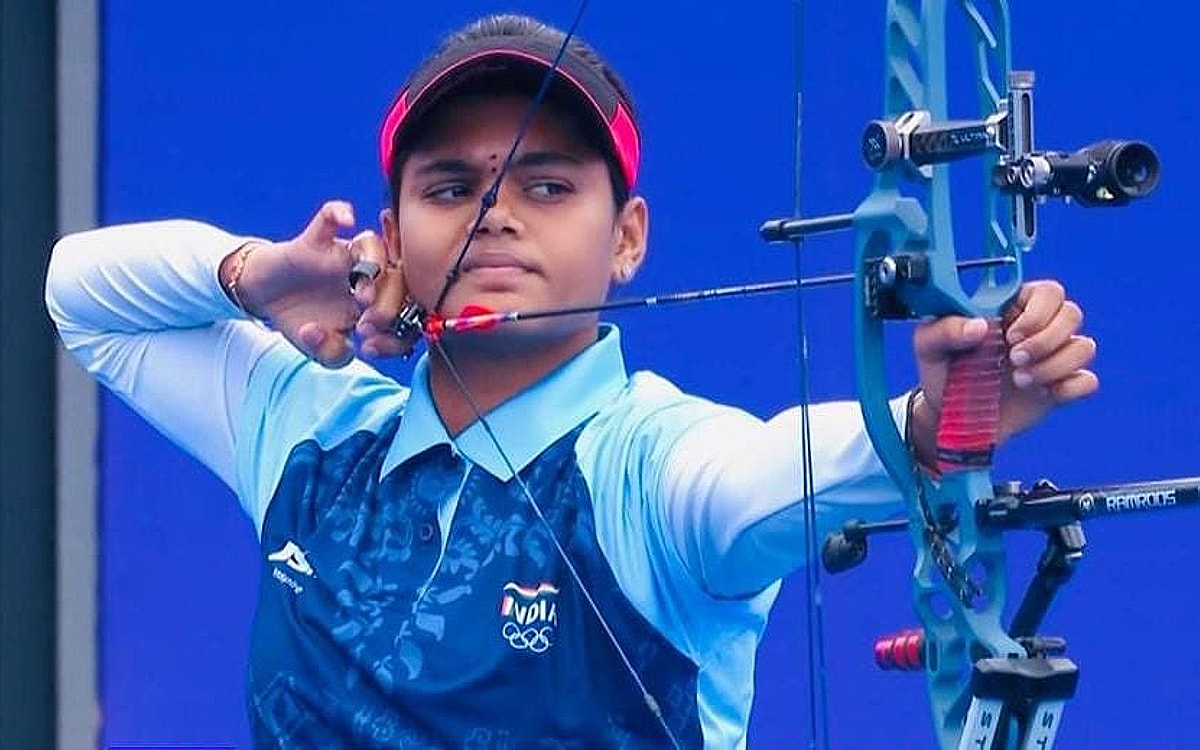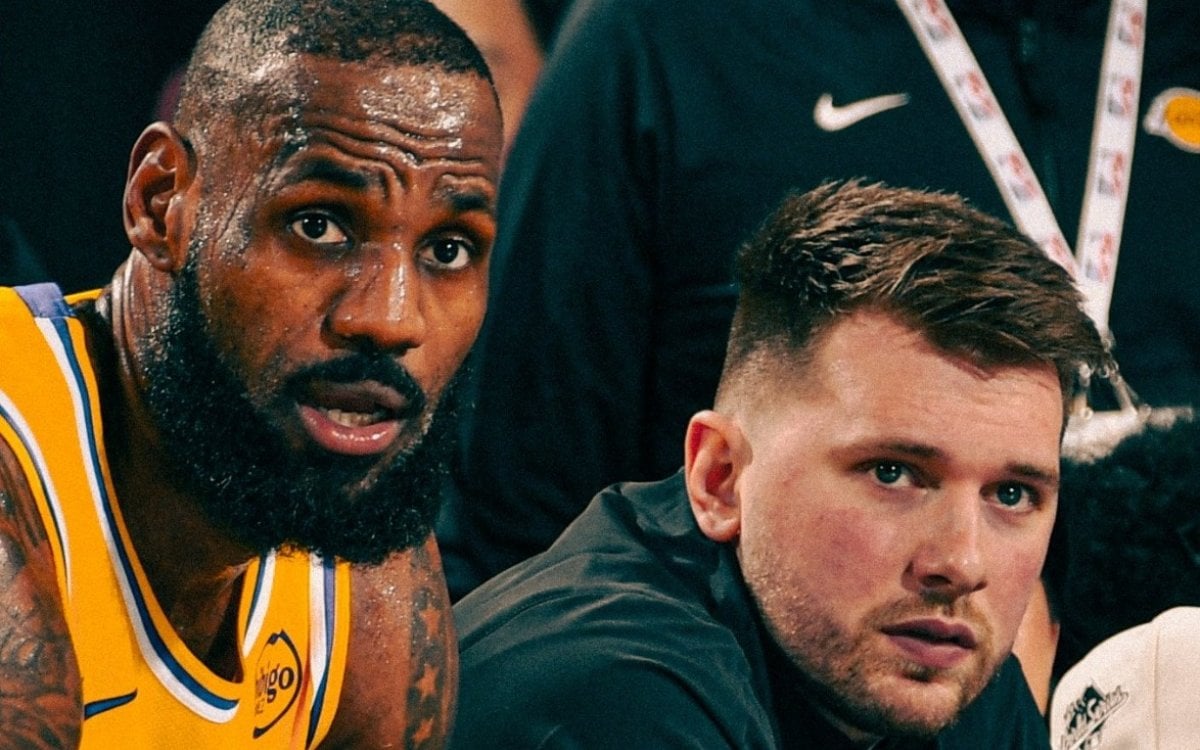Then National Thermal Power Corporation: With a clean sweep of gold medals in all five sections, India on Saturday signaled a change of guard in compound archery at the Asian Games in Hangzhou, ending the Republic of Korea’s dominance of the discipline at the Asian Games.On Saturday, India’s Jyothi Surekha Vennam and Ojas Pravin Deotable bagged gold medals in the women’s and men’s individual competitions. A couple of days ago, India had also cruised to gold medals in the Men’s and Women’s Team competitions.
On Thursday, the women’s team defeated Chinese Taipei 159-158 in the final while the men’s team overcame Korea in the final.
On Saturday, Deotale overcame his senior teammate Abhishek Verma in the Compound Men’s Individual final while Jyothi Surekha Vennam defeated South Korea’s So Chaewon in the final to win the Women’s Individual gold medal.
Besides the five gold medals, India also claimed a silver and a bronze medal in compound archery as Abhishek Verma once again finished second after losing the 2018 final. Aditi Gopichand Swami took bronze in the Women’s Individual.
The country, however, failed to medal in the individual section of the recurve section with Atanu Das and Dhiraj Bommadevara falling to quarterfinal defeats in shoot-offs making slow starts and scoring low scores — Bommadevara shooting two zero scores in the quarterfinal looked a criminal wastage of his talent.the players redeemed themselves a bit when the men’s team won the silver while the women’s team bagged a bronze.
However, it was the compound archers who really put Indian archery on a pedestal at the 2022 Asian Games in Hangzhou.
Their success also signalled the end of Republic of Korea’s domination in Compound archery, which had made its Asian Games debut only in 2014, and had won the Women’s Team competition in both the previous editions.
Agreed that Compound archery is not part of the Olympics programme for Paris 2024, it is very likely to be part of the programme in the next edition to be held in Los Angeles in 2028.
India’s domination of the Asian Games compound archery section did not come as a surprise to many as India had bagged both the men’s and women’s titles at the World Championships held in Berlin a few months back.
India’s domination of compound archery does not come as a surprise to the team’s foreign coach Sergio Paagni of Italy.
“We already knew (we would win). We have won all this season, we were the team to beat. Even if it is the first gold medal for India in the Asian Games, we won all season. We took more than 60 per cent of the total medals from the World Cup and the World Championships,” he said after the Mixed Team competition.
The Indian archery teams’ High-Performance Director, Sanjeeva Kumar SINGH said the success as the culmination of a development programme started in 2004.
“This is the first time we have won five gold medals from a project which we started in September 2004. This is the first time in the history of the Asian Games that we have won all five gold medals in compound archery.
“We won at the World Cup and then we have won at the Asian Games. This is a golden year, but the government has played a very big role in this.
“The Indian government has spent 24 crore rupees (USD $2.9million) in the last one year, whether it is foreign training, international exposure, domestic competitions, sports development, infrastructure development.
“Then National Thermal Power Corporation (NTPC) has joined us and is giving us Rs 150 crore for five years,” he added.
He said that India has an abundant talent pool, which is the reason behind the success.
“All this was made possible because of a multi-pronged approach that we started back in 2021 and we have changed the selection process.
“This was according to the World Cup, from which the best athletes were selected and there was an exit for non-performers,” he said.
“Continuous international exposure on the domestic circuit has resulted in a lot of good results. The juniors got a chance to play, the third, fourth, fifth teams got a chance. This created a competition, a talent pipeline.
“And because of the Khelo India Games scheme, about 150 archers got to play continuously, our numbers increased and we reached the top,” Sanjeeva Singh added.
Now one just hopes that the Archery Association of India (AAI) is able to replicate the same scheme for recurve section.
That would really be the real revolution.




